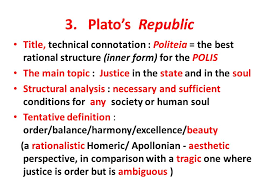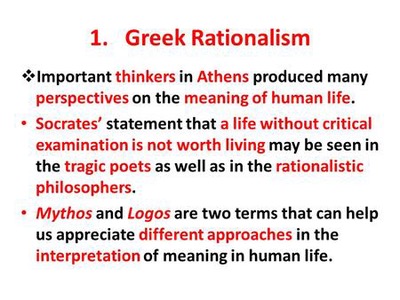

Feel free to learn more about us.The aim of the paper is to define the media literacy scene in Greece as it has developed in the last decade, through reference to the social parameters that withhold it from becoming fully integrated into the educational system.

Through our blog, we hope to bring Greek history and culture closer to you. Our vision is to convey our knowledge and Greek values through unique tours and experiences. BC) - Photo credit: Orestis Kourakis / Ephorate of Antiquities of Kavala.Ībout the author: Our team at Greek TravelTellers consists of academics and lovers of Greek culture. Women in ancient Greece The role of women in the Classical Periodįeatured photo: Marble head of a supernatural statue of Dionysus (from the sanctuary of Dionysus in Thassos island, second half of the 4th c.30 of the Most Famous Tales from Greek Mythology.

See about: The Apple of Discord and the Fairest of Them All This decision laid the foundations for the events that would lead to the Trojan War. The competition is won by Aphrodite, the goddess of beauty, who promises Paris to give him the most beautiful mortal woman, Helen, queen of Sparta. Paris, prince of Troy, is called upon to decide who is the most beautiful goddess and to give her an apple as a reward for her victory (the famous ‘apple of discord’). There are many references to myths in such cases: Zeus and Ganymede, Theseus and Antiope, etc. The attraction from the beauty of beautiful mortal people leads gods and heroes to chase them and abduct them, for sexual encounters or to have them as their own forever. Such examples are the greatest hero of ancient Greek mythology, Hercules, the hero of Troy, Achilles, but also Atalanta, the famous and beautiful hunter, or the great female warriors, the Amazons.Ībductions in Greek Mythology due to kallos The heroes are one level above the common mortals and often become demigods. This is about the spirit of self-sacrifice for the sake of the common good, acts of heroism in war and peace, sometimes in combination with natural beauty. The athletic kallos is about the physical and mental strength and vigor that makes humans capable of coping with the hardships and demands of the competitions, in combination with their noble rivalry and their wonderful achievements in the stadium. The praise of the natural beauty of young people, men and women of everyday life in ancient Greece by their contemporaries is given through inscriptions engraved on vases or written in color on stone architectural members, etc. Because as we recognize beauty in a boy, so we do in a teenager, an adult or an elderly person." Similarly, Aristotle, who states that "beauty is different from age to age." Xenophon reflects this perception, saying that "we should not underestimate kallos because it disappears quickly. Such examples are mythical and real figures of antiquity, well-known for their natural beauty, like Adonis or Helen of Troy on the one hand, and Alexander the Great on the other. However, according to ancient Greek thought, the kallos of humans is inherent in every age, and thanks to this, many mortals became immortal. Beauty withers away and strength gives way to weakness. Also, each god has his own feature in Greek mythology and is attributed with it to the works of antiquity: Zeus the magnificence, Hera the solemnity, Aphrodite the beauty of the face and body, Athena the wisdom, Ares the vigor, Poseidon the power of nature, Apollo the serenity, Artemis the austerity… Even the most beautiful mortals are considered equal in beauty to the gods and are never superior to them. The statue of a Kore, the Kore of Chios, stands out, among others, as well as the bust of a female figure from a burial monument of Rhodes.īeauty always derives from the gods, who possess it to the absolute degree.
#HELLENIC NOTION DEFINITION SERIES#
Through a series of works of exceptional art, mainly sculptures, of the Archaic and Classical period, the rendering of the human form and its ethos is given. " Kallos" as a concept that includes natural beauty and mental virtues begins to crystallize in ancient Greek philosophical thought during the Archaic period (6th century BC) and then during the Classics (5th - 4th century BC) and Hellenistic times (3rd - 2nd century BC).


 0 kommentar(er)
0 kommentar(er)
